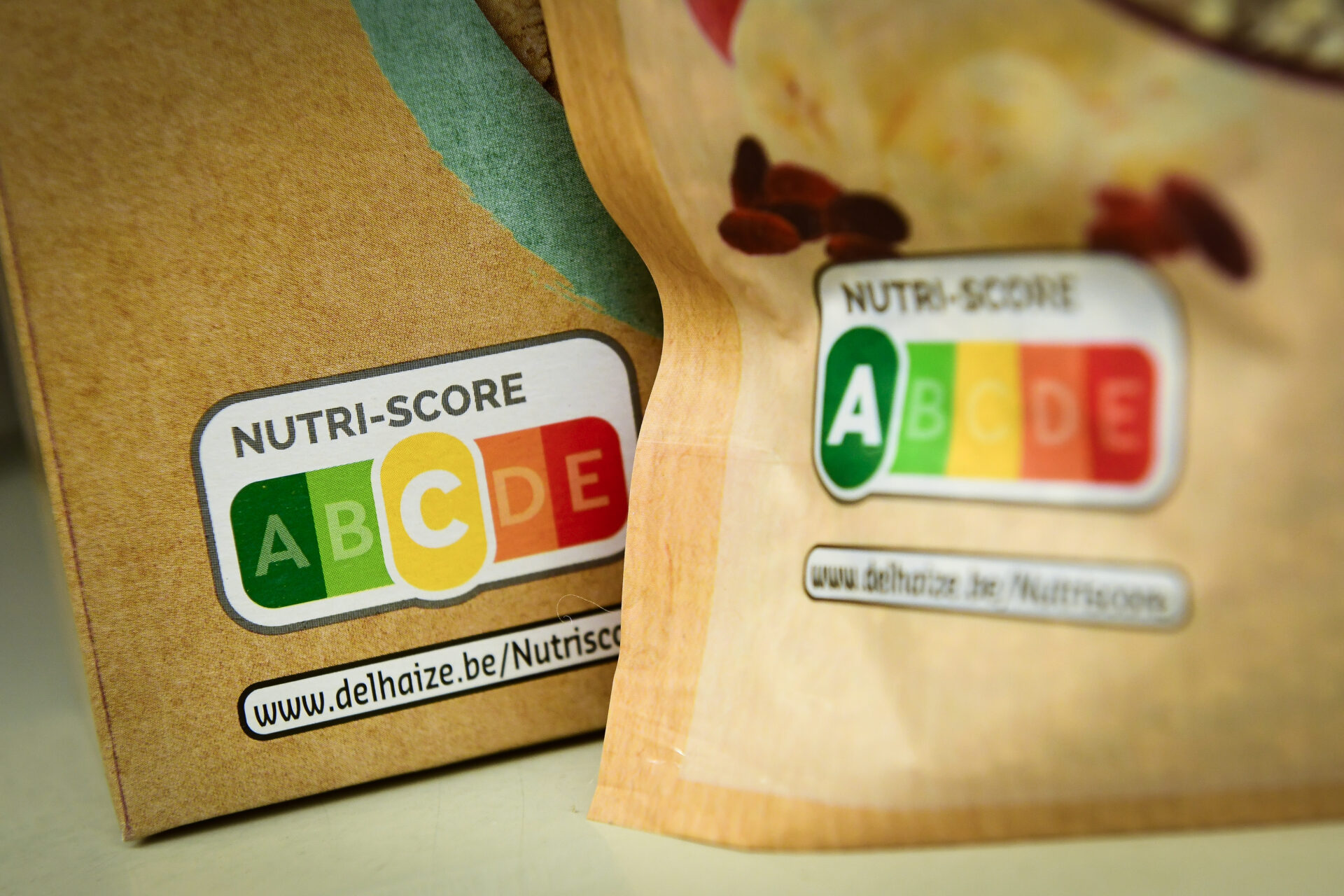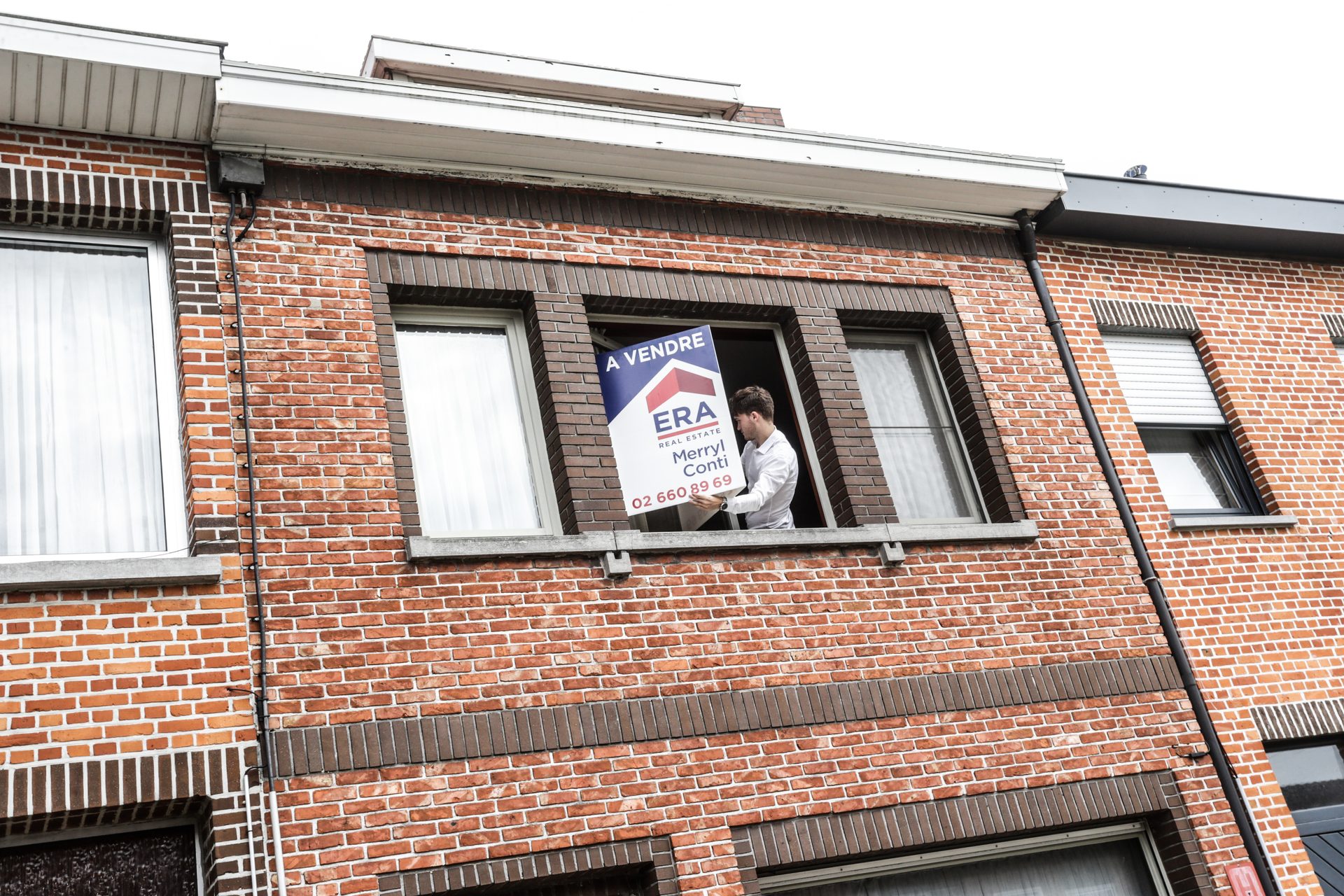The start of each month brings new laws in Belgium and paired with the start of a new year, the list of changes is considerably more extensive than normal.
This January sees a variety of changes, from increased bicycle allowances and more expensive cigarettes to recuperating sick days while on annual leave. Here's the rundown.
Energy and electricity
Distribution network tariffs for electricity and natural gas (the fee for transporting electricity and natural gas to your home or business) will rise in 2024 by an average of 8%.
For a family with an annual electricity consumption of 3,500 kWh and an average monthly peak of 4.28 kW, the distribution bill will rise to €364 next year, including VAT – €27 more than in 2023. The distribution bill for natural gas consumption of 17,000 kWh per year, will rise to €245 next year – €18 more than in 2023.
The social tariff for electricity and natural gas – a reduced rate for low-income and vulnerable households – will rise 9.3% and 9.6% respectively. The single tariff for electricity will rise from 21.568 cents per kilowatt-hour (including VAT) to 23.441 cents, while for natural gas, it will rise to 5.371 cents per kilowatt-hour from 4.902 cents.
Door-to-door sales of energy contracts will be limited. Often seen as unfair customer acquisition, the new legislation ensures that door-to-door sales can only offer non-binding energy contracts. These will have mandatory reflection periods of at least three days before the contract can be concluded.
From 2024, there will no longer be a reduced VAT rate for solar panels and solar boilers for homes under 10 years old. However the temporary VAT reduction (to 6%) has been extended until the end of 2024 for heat pumps. At the Flemish level, the premium for solar panels will drop in 2024.
Rising costs
Belgian Postal Service bpost is raising stamp prices again on 1 January to partly offset their increased costs due to inflation and falling mail volume. The non-priority stamp will cost €1.46 (up from €1.39), or €1.43 for a sheet of 10. The priority stamp will cost €2.27 (up from €2.17), or €2.24 each for a sheet of 10.
The average rate increase for 2024 of all domestic mail products will be around 4.9 %. However, if inflation rises more than expected tariffs could go up a further 3 % during 2024.

Postal workers loading a truck. Credit: Belga/ Virginie Lefour
From January 2024, smoking will become more expensive – €2 more per packet of 20 cigarettes. The increase in excise duty will be €52 per thousand cigarettes and €42.6 per kilo of smoking tobacco.
An excise duty of €0.15 per ml will also be levied on vaping liquids for electronic cigarettes, either with or without nicotine. This corresponds to an increase of €1.50 for a 10 ml bottle and €16.50 for a 100 ml bottle. Find out more here.
Those buying a new car or van will pay an environmental contribution of €10 to recycle the vehicle when it reaches the end of its life. Approved centres will dismantle end-of-life vehicles and recycle materials to render the process more sustainable.
Telecom provider Proximus is raising the rates of various subscriptions as it reports inflation continues to weigh on its costs. The popular Flex packs, which bundle internet, television and a mobile subscription, will become €3 more expensive per month, but customers will get some extra mobile data.
Standalone internet subscriptions will be €2-3 more expensive, depending on the product. Proximus is also making TV options more expensive.
Business and economics
Belgium will introduce a minimum tax rate of 15% on corporate profits to help curb the country's soaring fiscal deficit. The levy, which closely follows the text agreed among 138 countries under the auspices of the OECD in July, will apply to the profits of any company with more than €750 million annual turnover. Find out more here.
The paper version of eco-vouchers – vouchers that an employer can grant to its employees to purchase products and services of an ecological nature – must be used by 31 December 2023 as the validity of the last paper eco-vouchers expires 1 January 2024. Employers have been providing only digital eco-vouchers for two years.
The filing fee for a mortgage loan will be capped at €350 from 1 January – down from €500. This comes after all banks raised their filing fees to the previous ceiling, making it more expensive for people to acquire a home.
Transport
Since May 2023, all employees who cycle to work are entitled to a bicycle allowance of €0.27 per kilometre of their commute. From 1 January 2024, the maximum bicycle allowance for employees will rise to €0.35. For the first time, there will be a tax ceiling of €2,500 on that allowance, corresponding to a maximum distance of 7,142 kilometres per year. Up to that amount, the allowance is exempt from social and fiscal contributions.

Credit: Belga/ Eric Lalmand
From 1 January, the rates for the blue shared Blue-bike bicycles at the majority of the more than 120 locations in Belgium will rise from €1.50 to €2.50 for the first 24 hours. This is because the concession from the Flemish government will end.
The Car-Pass – the document that contains additional information about a used car – will become a digital maintenance certificate that contains more information, including a description of the work carried out in garages.
Health
Hospitalised patients often need to be transferred to specialised hospitals for operations or treatment. From 1 January, hospital patients will no longer be invoiced for these transport costs, which can sometimes cost up to €1,600. Find out more here.
The calculation method to determine a product's Nutri-Score – which indicates how healthy a food is, based on the number of calories, total sugars, saturated fat, salt, protein, fibre, fruit, vegetables and nuts with a colour code going from green to red – will become more stringent from 1 January.
This will affect 40% of all comestible products; the calculation takes into account the latest dietary recommendations and will raise the health requirements for categories A and B.

Credit: Laurie Dieffembacq / Belga
Employment
The wages of more than 1.3 million employees in the private sector automatically rise as a result of Belgium's wage indexation system. The indexation varies depending on the sector and in January an increase ranges between 1% and 2%.
The minimum pension for workers will go up 2.08%. For single workers with a full career the minimum pension will be €1,738.55 gross per month – equating to an extra €35.42 per month. For a family pension, it will be €2,172.49. There are no changes to the state pension. Sickness benefits go up 2%.
People who fall ill or suffer an accident while on leave will be able to recuperate lost holidays by submitting a sick note to their employer. They retain the right to guaranteed pay during those sick days and the lost days will reappear on their holiday counter. Find out more here.
Many people transfer their telephone number to their employer so that the latter can pay their phone contract. But some companies don't return the number when their employment contract ends. This now changes so that those who already had their phone number before they started work will keep it, regardless of why they stop working for their employer.
The Special Forces Group (SFG) – the Belgian army's elite unit – will start recruiting civilians directly in January 2024. The new 'Fast Track' procedure thus breaks with a tradition where soldiers first had to undergo paratrooper training to join the unit.
Housing and real estate
The Federal tax reductions for second homes, which gave taxpayers a fiscal advantage for capital repayments of a loan for a second home when taking out a new loan, will end at the end of 2023.

Credit: Belga / ERA
The tax advantage for so-called "beleaguered life insurance" – premiums for individual life insurance that secures or reconstitutes a loan taken out from 2024 onwards to buy or preserve a home – has also been abolished.
From 1 January 2024, a permanently reduced VAT rate of 6% will apply in all regions when demolishing and rebuilding a home. For such purchases through construction promoters, there is a transitional arrangement in 2024 but thereafter the normal 21% rate applies.
Regional changes
Brussels
Brussels tenants will be given the first opportunity to buy the home they are renting if it is put up for sale by their landlord. Find out more here.
Aside from bin bags, Brussels' rubbish collection service Bruxelles-Propreté will only empty "rigid" bins with a maximum capacity of 80 litres for white, blue and orange bags. These bins are to stop bags being ripped open by animals searching for food and help keep streets tidy. However the variation in bin sizes has posed problems for collection teams.
When it comes to inheritance, unmarried couples living together (de facto cohabitants without official recognition of their union) in the Brussels Region will be treated the same as spouses and legal cohabitants if they have lived together for at least one year. After three years they can enjoy the exemption on the family home.
The reform also introduces a so-called "friends inheritance" reduced rate of 3% on a first €15,000 for the entire estate. This will apply to relatives and anyone else mentioned specifically in a will.
Flanders
As announced in the government's September statement, private individuals and non-profit organisations who register an electric car from 1 January 2024 can apply for a premium, covering €5,000 of the cost of a new car and €3,000 for a used vehicle. Find out more here.

An electric car at the 100th edition of the Brussels Motor Show. Credit: Belga/ Eric Lalmand
Meanwhile, the rents for social housing will be harmonised to bring them more in line with the quality of the house and income. Specifically, the 150,000 tenants who rent through a social housing company will pay an average of €6 more per month while those who originally rented through a social rental office will pay €50 less per month. The adjustment applies to all existing and new rental contracts.
All electricity and natural gas suppliers in Flanders will have to offer monthly billing based on the measured energy consumption of customers with a digital meter from January. Previously, this only applied to suppliers with more than 200,000 customers. Flanders residents will then be able to pay for their energy independently of their supplier, without being obliged to work with advances and an annual statement.

